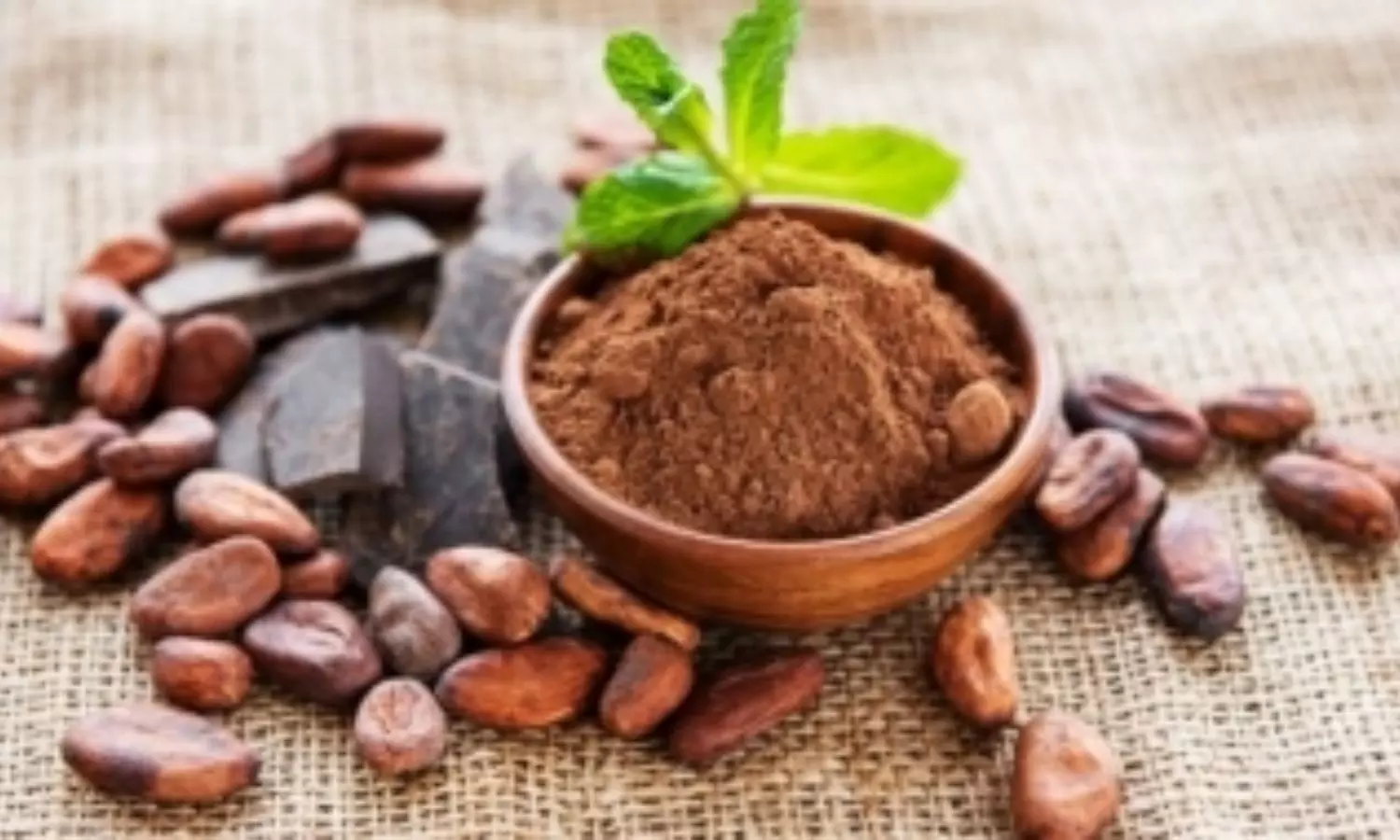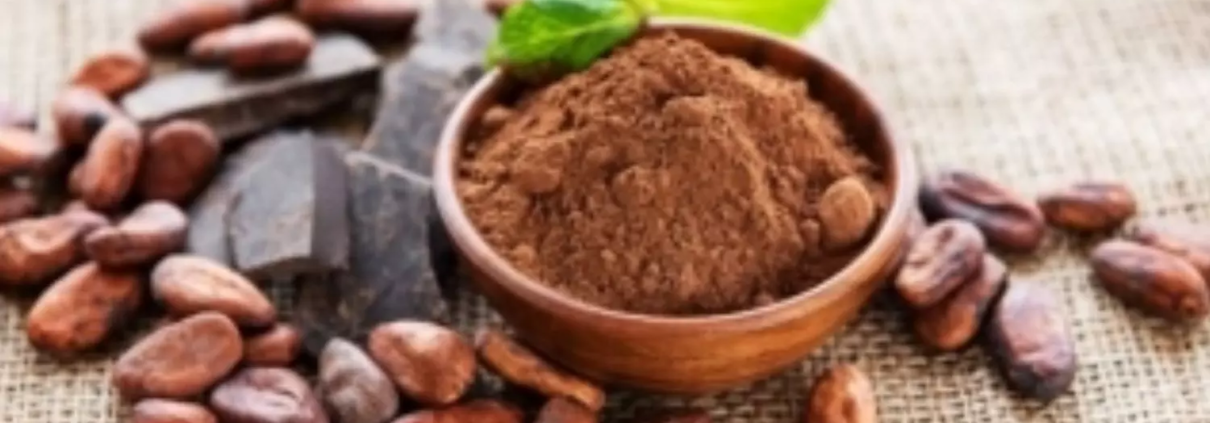Flavan-3-ols Significantly Improve Blood Pressure and Vascular Health: Study

A new study published in the European Journal of Preventive Cardiology has found that foods rich in flavan-3-ols have the potential to decrease blood pressure and enhance vascular function drastically, particularly among those with high or hypertensive levels. A recent meta-analysis affirms the cardiovascular effect of flavan-3-ols, substances present in cocoa, tea, apples, and other fruits. The study was published in Vasiliki L. and colleagues.
Flavan-3-ols have been known for their antioxidant and anti-inflammatory actions for decades. Despite that, their therapeutic application in cardiovascular prevention was limited. This systematic review sought to evaluate systematically their effect on blood pressure and endothelial function based on data collected over almost eight decades.
The authors performed a PROSPERO-registered systematic review and meta-analysis (CRD42023454691). They screened and examined 109 publications of 145 RCTs published between 1946 and March 2024. All the studies had estimated the impacts of flavan-3-ol-dense interventions like epicatechin, epigallocatechin-gallate (EGCG), cocoa products, green and black tea, grape extract, and apples.
Participants had an average daily intake of 586 mg of flavan-3-ols (95% confidence interval: 510–662 mg). Both office and 24-hour ambulatory blood pressure (BP) as well as flow-mediated dilation (FMD) were specifically measured in the study to determine endothelial function.
Key Findings
Reduction in Blood Pressure:
• Office BP was lowered by a mean of 2.8 mmHg systolic and 2.0 mmHg diastolic for all participants.
• Twenty-four-hour ambulatory BP fell by 3.7 mmHg systolic and 2.6 mmHg diastolic.
Greater Effects in Hypertension:
Participants with elevated or hypertensive BP at baseline experienced greater decreases:
• Office BP: −5.9 mmHg systolic and −2.7 mmHg diastolic
• 24-hour ambulatory BP: −6.8 mmHg systolic and −5.1 mmHg diastolic
Endothelial Function Improved:
• Flow-mediated dilation (FMD) improved by 2.0% after acute and 1.7% after repeated intake of flavan-3-ol-rich foods, regardless of changes in BP.
Safety Profile:
• A dverse events reported were trivial and infrequent, occurring in only 0.4% of participants.
Foods rich in flavan-3-ol reduce high blood pressure significantly and improve vascular function, justifying their inclusion in cardiovascular preventive therapy. Due to their good safety profile and availability, the compounds present a promising and convenient method for the control of vascular well-being.
Reference:



